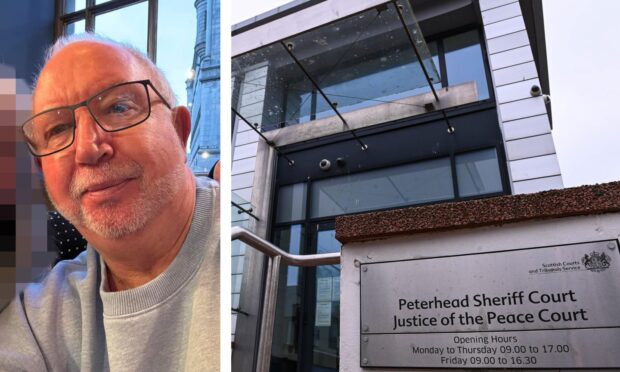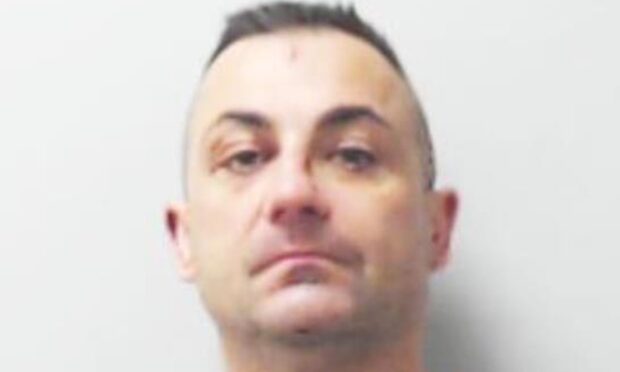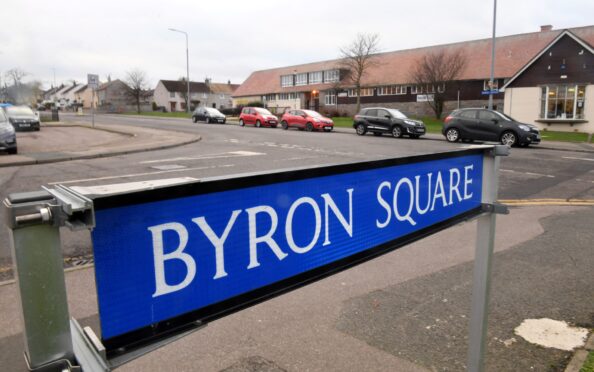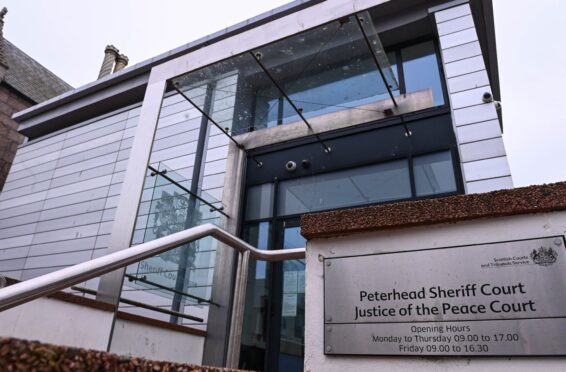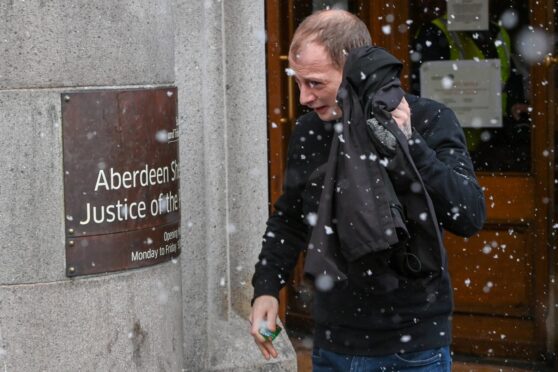A quarrying and construction company has been fined £130,000 over health and safety failings uncovered in the wake of a worker’s death.
Machine operator Pawel Kocik was crushed to death at Leiths (Scotland) Ltd’s Kishorn Quarry in Wester Ross in 2017.
The subsequent investigation into the 34-year-old’s death uncovered a number of health and safety breaches at the Highland quarry.
Inverness Sheriff Court was told that none of the failings that Leiths (Scotland) Ltd admitted caused the dad-of-one’s death.
The Aberdeen-based firm pled guilty to a charge of failing to ensure the health safety and wellbeing of their employees by failing to make a suitable assessment of the risks, failing to provide the necessary information, instruction and training and failing to provide appropriate equipment.
Fiscal Depute Stella Swan told Inverness Sheriff Court: “The failings before the court came to light during the investigation of an incident involving the death of an employee involved in the set up of a Nordberg Lokotrack LT106 mobile primary crusher at Kishorn Quarry on May 17 2017.
Employees left ‘to rely solely on their initiative’
“It should be noted the Crown accept that the failings narrated in the charge did not cause the death of the employee and the plea comes before the court on a non-causal basis.”
The court heard that the company operated a piece of plant machinery called a mobile crusher, which was used as part of the quarrying process to crush boulders into smaller rocks.
Setting up the mobile crusher required raising folding side panels and placing a cross beam for stability with the help of an excavator.
Ms Swan explained that the machinery was 20-years-old at the time of the incident.
She said: “The operator’s manual for the crusher provided by the manufacturers has very limited information as to the setting up and strip down of the crusher or preparation for transport.”
She told the court that the process adopted by the mobile crushing team relied on someone entering the machine to perform tasks such as placing pins and wedges to hold folding panels in place and attaching lifting hooks to the cross brace beam that had been stored for transport inside the crusher’s feed hopper as per the manufacturer’s instructions.
The court heard that entering the machinery posed a number of risks, such as falling from height during the set-up process and working in close proximity with the excavator.
“An arrangement was not put in place to ensure that the person remained suitably distanced from the main boom, dipper arm and quick hitch,” said Ms Swan.
She said the lack of suitable safety instructions left employees “to rely solely on their initiative”.
‘The company apologises unreservedly’
However, she conceded that Leiths took swift action after the incident and investigation, choosing to refabricate the hopper to remove the need for on-site set-up in the future.
Advocate Gavin Anderson, for Leiths, told the court the decision to redesign the equipment went beyond the HSE recommendations.
He said: “The company apologises unreservedly that on 17th May 2017 at Kishorn Quarry it exposed one of its employees to an unacceptable level of risk during a plant assembly task.
“The company took prompt steps to remedy the issue and to ensure that no one could be exposed to such a risk again”
Mr Anderson pointed out that the Crown had acknowledged that there was “no cost cutting at the expense of safety” in this case and that the machinery in question had been “removed from service” and “redesigned” as the only practical way of addressing the risks.
He added: “The set up task that features in this case no longer can be done and no longer needs to be done.”
Handing down the fine of £130,000, Sheriff Gary Aitken said: “This case is a useful reminder that the requirements of Health and Safety legislation apply all the time. It is not just when someone has been hurt or killed that breaches occur.”
Leiths declined to comment following the outcome of the case.
Mr Kocik’s family paid tribute to him in the days after the tragedy.
His sister Ania Liszek, 40, said: “Pawel was a very good man who deeply loved his family.”


